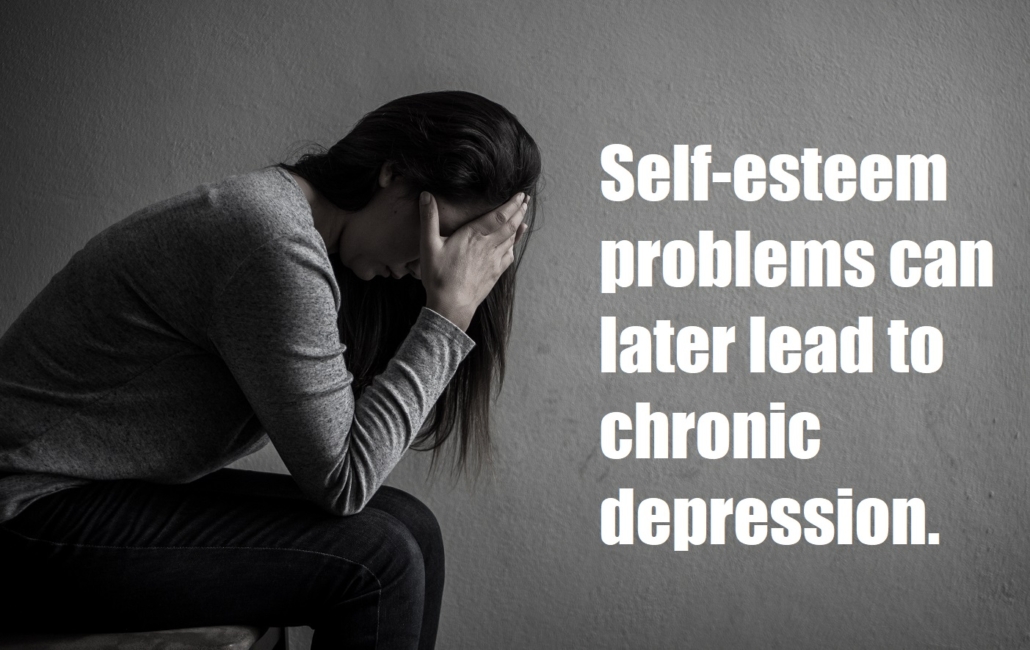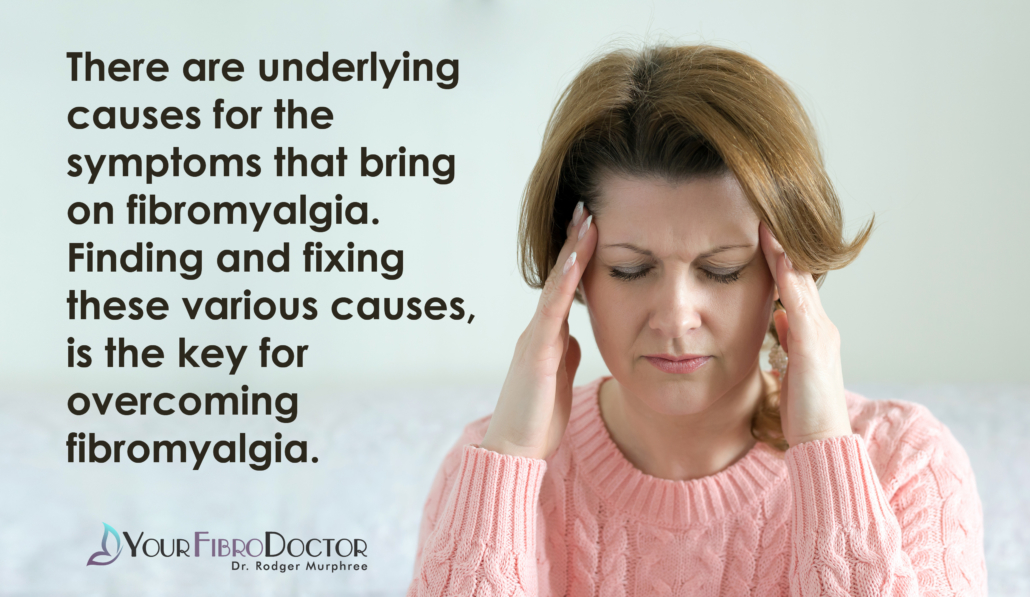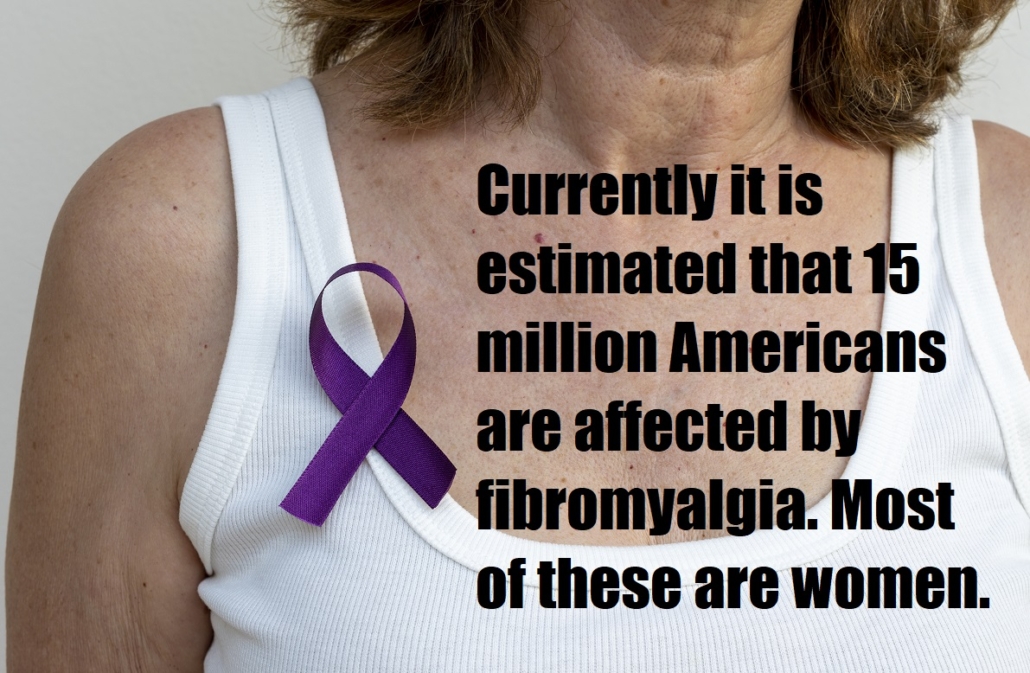Depression and Its Link to Fibromyalgia
(Updated June 2021)
Fibromyalgia and Low Moods
Fibromyalgia has many symptoms, and the unfortunate side effect of these symptoms, or also considered a symptom itself, is depression, especially in women. At least this is what a team of international researchers, under the guidance of researchers at the University of Granada found in their study entitled, Association of different levels of depressive symptoms with symptomatology, overall disease severity, and quality of life in women with fibromyalgia. According to the findings of this study, the more severe the symptoms of fibromyalgia, the more likely women are to develop self-esteem problems.

To clarify, the symptoms that those with fibromyalgia can be wide and varied. However there are certain common symptoms shared by all. For starters, it is a chronic disorder that is characterized by tenderness and pain in the muscles, incapacitating fatigue, stiffness, numbness, headaches, sleep that does not leave you feeling refreshed, anxiety, mood alterations and pain in tender point regions. Fibromyalgia is fairly common and affects roughly 3 million new people every year (this number seems to be growing). Usually, this pain happens in localized areas, but this is not always the case.

Of course for those with fibro it is not surprising that low moods can occur over the course of time. Who wouldn’t be depressed when you don’t sleep at night, suffer with chronic pain, constant fatigue, and are often misunderstood by family, doctors and friends.
Having fibromyalgia can impact people’s ability to perform daily tasks and live a normal life.
That much we know for certain. This comes from bankrupting their stress coping chemicals (now stress is magnified) combined with chemical, hormonal, and nutritional deficiencies, as well as lack of sleep and chronic pain that are associated with this syndrome. The cause(s) of fibromyalgia are not really known to the medical community; however, as a functional medicine doctor who’s been treating this condition for over 20 years, I can tell you that more often than not, it is because of an imbalance in a person’s stress coping, self regulating systems (see my book and the chapter on HPA-axis) which leads to a massive imbalance of vitamins, minerals, nutrients, and stress coping hormones.

When those patients with fibromyalgia are face-to-face with an inability to do the things they used to do like hike, sleep comfortably, walk, drive, pickup grandkids, etc., it is easy to see why fibromyalgia is such a pain (no pun intended). It is easy for people to begin focusing on what they can’t do instead of what they can do, because that list continues to grow. Faced with these odds, patients can easily succumb to depression. The odds of developing depression are further increased among those who do not have an external social support system like close family and friends to rely on, or even a volunteer group or organization.
Out of the 5 to 15 million people who have fibromyalgia, some 30-70% of them suffer from some sort of depression. It is difficult to pick out which depression symptoms are related to the disease and which come from other factors (disease severity, life quality, and diet). The levels of depression also vary, but women are more prone to have depression even when they do not have this disease. However, when the development of fibromyalgia is added, depression becomes much more likely.
Researchers conducted a study which involved 451 women, all of whom had fibromyalgia. They looked for a potential association between depression, in various levels, with pain, functional exercise capacity, sleep, pain, quality of life (from a health standpoint) and disease severity. The goal was to determine which, if any, contributed to the development of depression.
 What the team discovered was that those who had severe pain and fatigue associated with their fibromyalgia experienced more of the symptoms associated with depression. It was also found that when patients had less sleep or a poorer mental capacity, they had a higher level of depression. Interestingly though, health-related quality of life, ability to exercise, and pain sensitivity level had little to do with the depression of these individuals.
What the team discovered was that those who had severe pain and fatigue associated with their fibromyalgia experienced more of the symptoms associated with depression. It was also found that when patients had less sleep or a poorer mental capacity, they had a higher level of depression. Interestingly though, health-related quality of life, ability to exercise, and pain sensitivity level had little to do with the depression of these individuals.
After all of the research was in, the team came to the conclusion that there is an association between the depth of depression a woman was experiencing and the severity of her fibromyalgia. The findings have not yet been tried on a similar group of men, as the rate of both depression and fibromyalgia are lower in the male population.
The researchers have suggested that depressive symptoms in a patient with fibromyalgia could become a potential prognostic factor, meaning that these symptoms may become beneficial for diagnosing fibromyalgia quickly and effectively for intervention studies which may take place in the future. Simply put, this means if a true connection is established between depression and fibromyalgia, it may lead to treatments that prevent women from developing depression in addition to the symptoms they are experiencing from the fibromyalgia and its treatments.
There is no cure for fibromyalgia, but with an improvement to diet, high-dose vitamin and mineral supplementation, meditation, and mild exercise, fibromyalgia patients can reverse their fibromyalgia symptoms and get their life back.
Here is the Brain Function Questionnaire that helps you know which brain chemicals you are low in and what to do to replenish them:
I’ve specialized in treating and beating fibromyalgia for the last 18 years. I’ve helped thousands feel good again, and more importantly get their life back. You can listen to some of their stories here:
–> Dr. Murphree’s Patient Testimonials
Also, JOIN US Wednesday Nights 6PM CDT on Facebook for our LIVE Fibromyalgia Q&A – Get Your Questions Answered!






Leave a Reply
Want to join the discussion?Feel free to contribute!